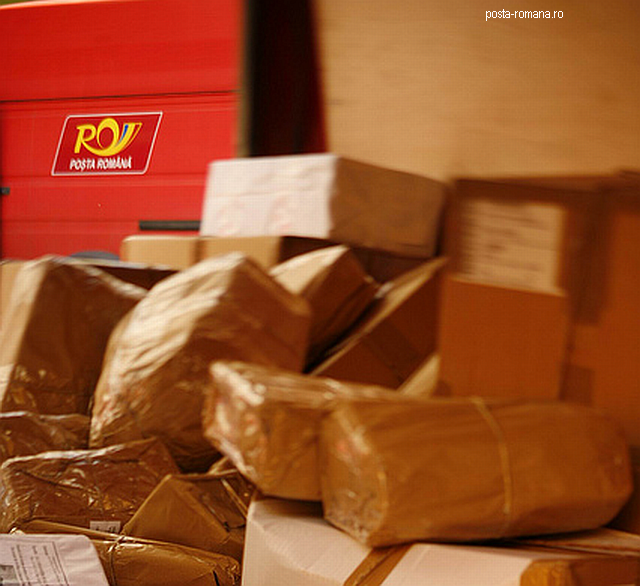Economic restructuring
In the 25 years since the collapse of communism, the Romanian state has not yet managed to solve the problem of its inefficient companies. Once advertised as examples of economic development, many of these companies have become what analysts describe as “black holes” in the state budget.

Florentin Căpitănescu, 08.05.2014, 13:16
In the 25 years since the collapse of communism, the Romanian state has not yet managed to solve the problem of its inefficient companies. Once advertised as examples of economic development, many of these companies have become what analysts describe as “black holes” in the state budget.
Bad managers appointed for their political affiliation rather than their professional abilities, sinecures and controversial acquisition deals are but some of the problems associated with these companies. The Romanian Post is one such example. Its debts amount to around 45 million euros, which is one of the reasons why it has not been privatised so far, despite many attempts in this regard.
Unhappy with the situation, several thousand postal employees have picketed the company’s headquarters in Bucharest and a number of prefect offices across the country. They demanded the resignation of director general, salary increases to reflect the inflation rate and better working conditions.
Trade union leader Matei Bratianu explains: “In terms of uniforms, buildings and technological equipment, the Romanian Post is the shabbiest looking of all postal services in the European Union. For things to change, we demand the sacking of the director general and the executive director and, before this, the cancellation of the severance packages amounting to 30 monthly wages which they shamelessly provided for themselves.”
The managers of the Romanian Post say, however, that the cuts in employee expenditure are to be blamed on the constantly declining market.
The company’s spokesman, Dan Dumitrescu: “We have been faced with the situation in which we had to reduce the staff last year because we could not afford to support more employees than was strictly necessary. The revision of products and services and our presence on the market, following the full liberalisation of the market on January 1st 2013 which meant the Romanian Post has had to compete on equal terms with private providers, has improved the company’s results.”
The explanations provided by the management have not appeased the employees, who say they will continue their protests.






























